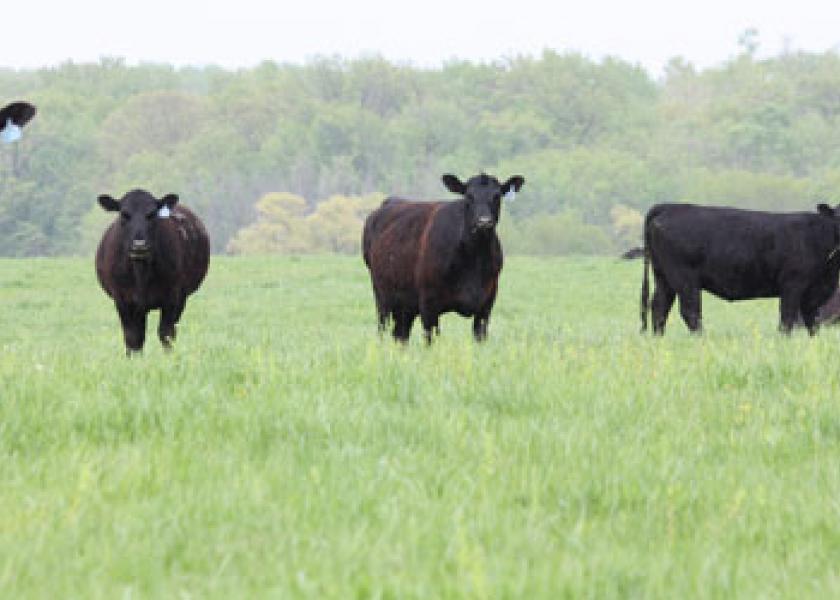Expert: Start Fall Pasture Management Now

By Tracy Turner, Purdue University
WOOSTER, Ohio - Although it's still the dog days of summer, producers wanting to promote a healthier pasture next spring might want to take steps now to prevent overgrazing their pastures in fall, said a forage expert from Ohio State University's College of Food, Agricultural, and Environmental Sciences.
To promote a healthier pasture next spring, producers need to start planning for the end of the season now and help their plants prepare for fall, which is an important time for pasture management, said Rory Lewandowski, agriculture and natural resources educator for the college's outreach arm, Ohio State University Extension.
"Producers need to start thinking about what these plants are doing to get ready for the end of the season and should match their grazing practice with what the plant is trying to accomplish, which is to build up root reserves," Lewandowski said. "Producers need to be looking and planning ahead.
"Although pasture growth this year has been good and has left most producers in a better position than last year, hopefully the 2012 drought and its impacts are still in their memory so they will realize how important the fall period is and will work to protect that pasture from overgrazing."
During autumn, particularly in September and October, pastures must be managed so that grass and legume plants are able to build up and store carbohydrate reserves for the winter period, which keeps a root system living over the winter months, he said.
While the leaf tissue dies during the winter, the buds and roots of the plant remain as living tissues over the winter and continue to respire and burn energy, Lewandowski said.
"But if the root reserves are insufficient, the plant may die over the winter," he said. "And if the plant survives but root reserves are low, spring re-growth and vigor of the plant is reduced.
"In order to build up carbohydrate reserves, there must be adequate leaf area so that the plant can maximize the photosynthetic process."
To accomplish this, producers should ensure they don't overgraze their pastures. For orchardgrass, producers should graze the pastures to no lower than 4 to 5 inches, Lewandowski said.
For tall fescue and bluegrass, pastures should be managed to leave a 3- to 4-inch residual, he said.
"Growth rate slows down in the fall, so it's harder to recover from overgrazing mistakes in September," Lewandowski said. "Other benefits to keeping higher grazing residual include conserving soil moisture so the plants will continue to grow.
"Overall, it's really about keeping enough leaf area on the plant so producers get quicker green-up in the spring and better, more vigorous spring plant growth in the long run."
For more information read more forage news.







